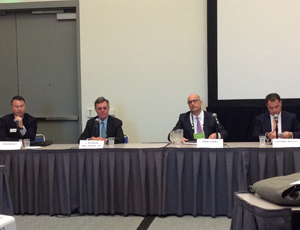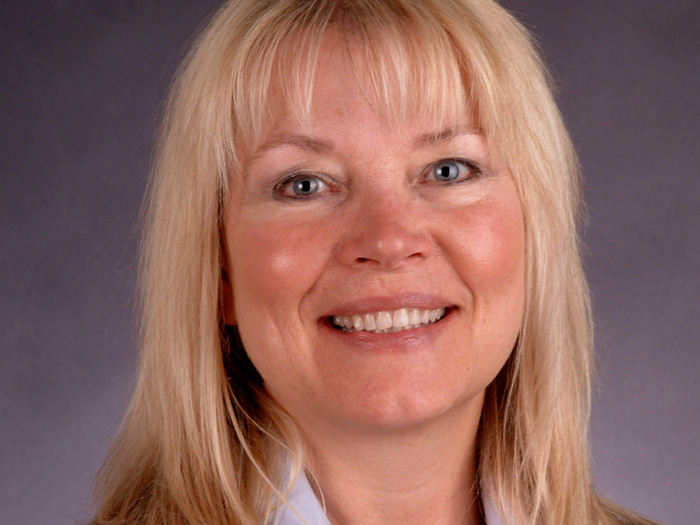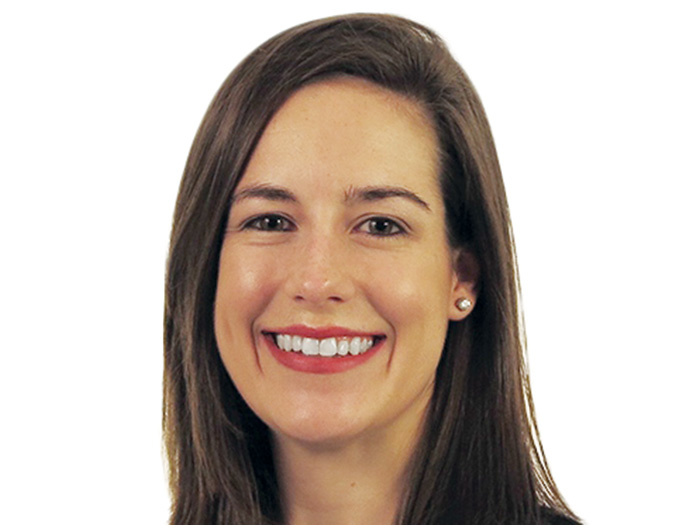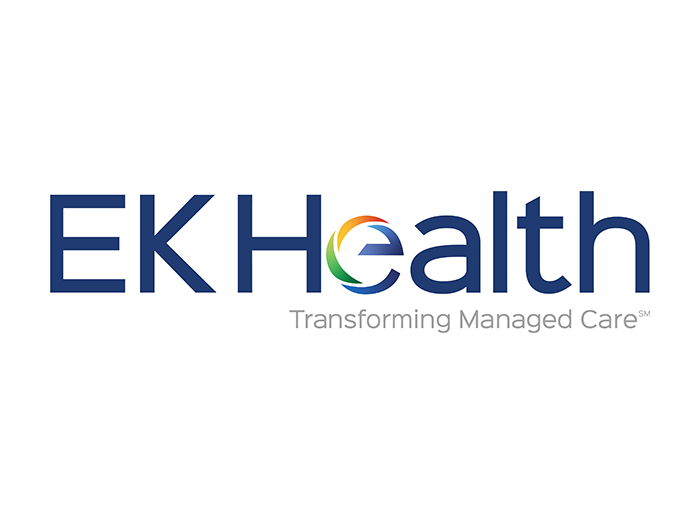RIMS 2016
Executives Focus on the Next Generation

As you might expect, cyber, new technologies and the M&A environment dominated the conversation at the Senior Executive Forum on Tuesday morning at RIMS 2016 in San Diego, led by the CEOs of four major brokerages and four major carriers.
But the industry’s ability to replenish itself through the infusion of young talent took a prominent place with both panels.
Executives spoke at length about the challenges of recruiting and retaining millennials, often speaking directly to the millennials in attendance – members of Gamma Iota Sigma, the international collegiate professional fraternity for students pursuing careers in risk management, insurance and actuarial science.
CEOs said the industry is working hard to replenish itself but acknowledged that there’s a lot more work to be done. One sobering figure cited suggested that for every young person entering the industry, there are three retiring.
Todd Jones, co-head of North America for Willis Towers Watson, said that the university-level environment is on a growth trajectory, adding that “our business is becoming more analytical and more quantitative” and that educational institutions are doing a very good job of responding to that.
“We have a lot of work to do to see people through the life cycle of the industry.”—Todd Jones, co-head North America, Willis Towers Watson
Recruiting is only part of the challenge. Steven McGill, group president, Aon plc, cited a jarring statistic that 60 percent of those coming into the industry are leaving after two years.
“We have a lot of work to do to see people through the lifecycle of the industry,” said Jones.
The industry has a great deal to offer young professionals, executives said.
“This is the best business on the planet,” said J. Patrick Gallagher, chairman, president and CEO, Arthur J. Gallagher, echoing the feeling of executives on both panels.

From left: Donald Bailey, Marsh; J. Patrick Gallagher, Arthur J. Gallagher; Todd Jones, Willis Towers Watson; Stephen McGill, Aon
“It is one of the most extraordinary industries,” agreed McGill, noting that the insurance industry makes a “phenomenal impact” on both individuals and society.
However, Jones noted that a significant number of young professionals coming into the industry are leaving in their late 20s, in some cases to work for nonprofits, gravitating toward work they perceive as more fulfilling.
So there is a discrepancy of perception that the industry still needs to overcome, and it needs to carry the message about how insurance serves communities through company recruiting, training and retention.
Co-moderator Noelle Codispoti, executive director of Gamma iota Sigma, interjected that the industry as a whole would be well served by putting a greater emphasis on internship opportunities, allowing companies to shape student perceptions of the industry early. That also creates ambassadors who can then help change the perceptions of their fellow students.
“Recruiting practices do need to change,” she said, noting that only 60 percent of graduating Gamma Iota Sigma seniors had been afforded an opportunity to learn about the industry through an internship experience.
Executives discussed other ways to reshape the onboarding process in order to better connect with a millennial population.
“We need a 20th century approach,” said Donald Bailey, president, global sales, Marsh, explaining that organizations can no longer rely strictly on traditional classroom or seminar-style approaches and expect that it will work magically “like pixie dust.”
A more modular and interactive approach is needed: one that is portable and that young people can access from anywhere, he said.
Other executives noted the need to leverage millennials’ affinity for work in team settings.
Executives reflected on the enormous value of the training they received themselves when they were starting out.
“I would not be sitting here today,” said Bailey, had it not been for his experience with Chubb at the beginning of his career.
“Thank God Chubb hired me and put me in a training program.”










